Frequently Asked Questions
What is Computed Tomography (CT)?
CT produces thin “slices “of the body for review. With CT, the patient lays on a table, which is moved through a doughnut-shaped scanning system.
CT is commonly used to image the head, chest and the abdominal region. 3-D images of heart, the blood vessels and bones can provide information to the referring physician to enable precise pre-operative planning.
To schedule an appointment:
973-972-6900 (M-F, 8AM-5PM)
Locations:
University Hospital – Main level
Doctors Office Center- Main Level
What is Magnetic Resonance Imaging (MRI)?
The forces behind MRI are a strong magnetic field and radio waves. With MRI, the patient lays on a table which moves through a donut shaped scanning system. MRI is especially useful in producing detailed, 3-D images of the heart, the brain, and other internal organs, as well as the muscles, cartilage and tendons around the bones. There is no radiation used in this procedure.
To schedule an appointment:
973-972-6900 (M-F, 8AM-5PM)
Locations:
University Hospital- Main Level
Doctors Office Center- Main Level
Ultrasound, or sonography, is performed without using radiation. This is an important consideration in one of its well-known and common applications, imaging of the womb and the developing fetus. Ultrasound is also used for blood flow studies and identification of blood clots in the legs. ultrasound is also excellent for imaging soft tissue masses in the breasts, and aspiration of cysts can be performed at the same time.
To schedule an appointment:
973-972-4201 (M-F, 8AM-5PM)
Locations:
University Hospital- Main Level
Doctors Office Center- Main Level
What is Fluoroscopy and X-Ray?
X-ray, or radiography, is a non-invasive examination that uses a low dose of radiation to produce pictures of the inside of the body. The most common uses for such an examination are to evaluate the chest for pneumonia, and the bones for fractures. Fluoroscopy is an x-ray procedure used to monitor the body as it functions.
The division of general diagnostic imaging consists of dedicated pediatric, musculoskeletal, thoracic and body imagers capable of interpreting all x-ray studies. A variety of fluoroscopic studies are routinely performed including gastrointestinal, urinary and joint procedures.
To schedule an appointment:
973-972-4907,2300 (M-F, 8AM-5PM)
Locations:
University Hospital- Main Level
Doctors Office Center- Main Level
The Breast Center is located in the Cancer Center adjacent to University Hospital. Here, screening and diagnostic mammography is performed. Ultrasonography of breast masses as well as stereotactic biopsy and pre-operative needle localizations of breast masses are performed. Stereotactic biopsy is performed by the radiologist, and can be done as an outpatient test, without an operating room.
To schedule an appointment:
973-972-2879, 2880, 2884 (M-F, 8AM-5PM)
Location:
Cancer Center- Main Level
Nuclear medicine is well-established as a diagnostic modality, especially in cardiac, endocrinologic, oncologic, renal, and orthopaedic applications, and has a unique role in treatment of thyroid diseases. This technology also encompasses therapeutic procedures, such as treatment of painful bone metastases and certain cancers, such as thyroid cancer. A patient undergoing a nuclear medicine procedure receives a small amount of a radioactive material either by IV, swallowing capsules or a liquid, or inhalation. The radioactive material, called a radiopharmaceutical, is targeted to the specific area to be studied.
To schedule an appointment:
973-972-6022 (M-F, 8AM-5PM)
Location:
University Hospital-H-Level
Bone Densitometry is a non-invasive low dose x-ray examination used to detect osteoporosis. It is often used as a screening procedure in menopausal women, and useful for assessing bone strength in patients on prednisone, with kidney disease or with some types of ma lignancy.
To schedule an appointment:
973-972-6022 (M-F, 8AM-5PM)
Location:
University Hospital- H-Level
What is Interventional Radiology ?
Interventional radiology has changed the radiologist’s role from a physician who helps diagnose a condition to one who treats it. Some of the conditions that interventional practitioners treat were traditionally done by surgeons. Access for the procedure can be gained through the use of small catheters inserted into the patient’s blood vessels. Procedures can be performed that will shrink tumors or fibroids, stop bleeding, deliver chemotherapy or open occluded blood vessels. CT guided imaging biopsies can done on an outpatient basis, and these examinations are used to diagnose malignancy or infection.
To schedule an appointment:
973-972-1948 (M-F, 8AM-5PM)
Location:
University Hospital-C-Level , C-313/C-235
